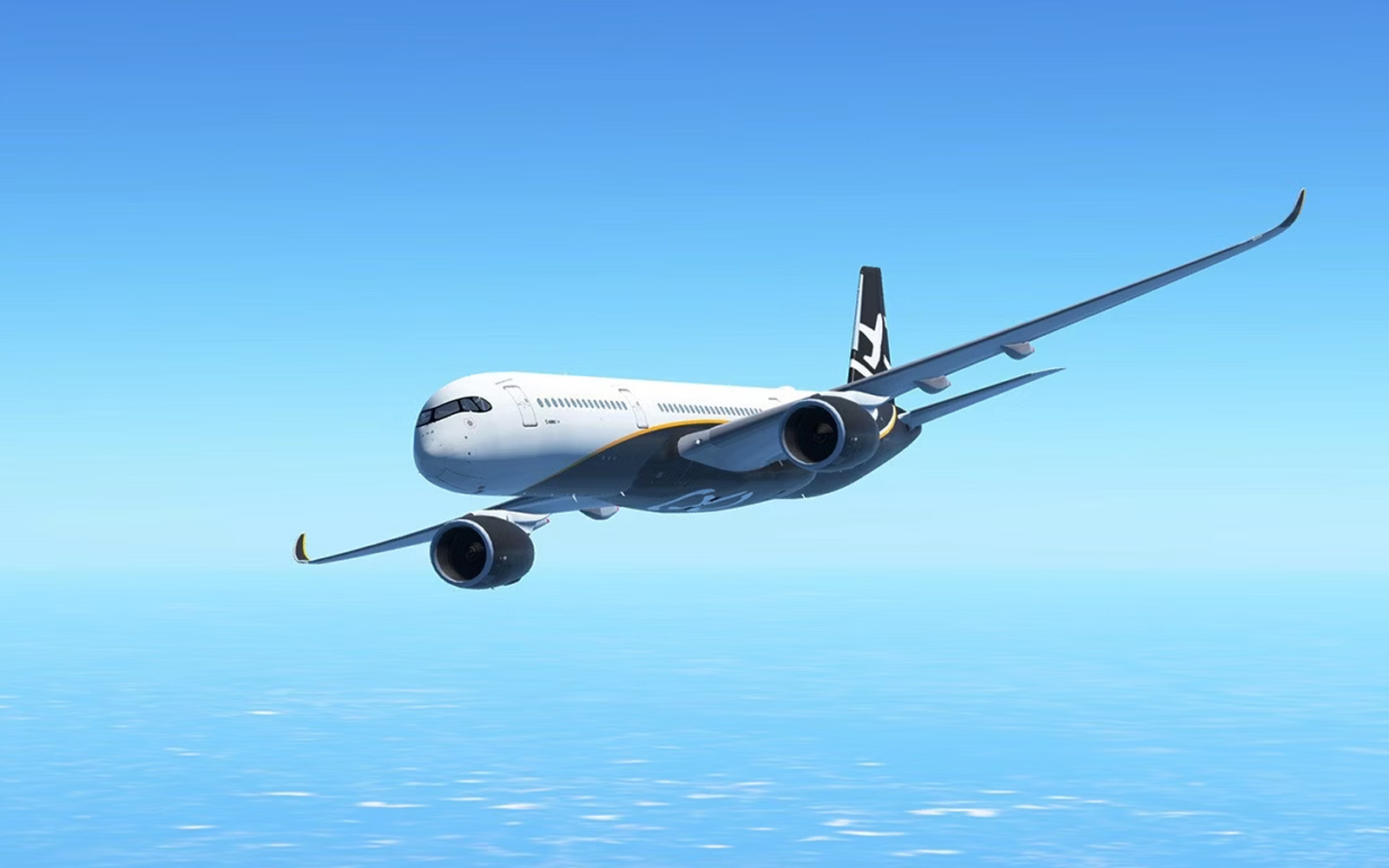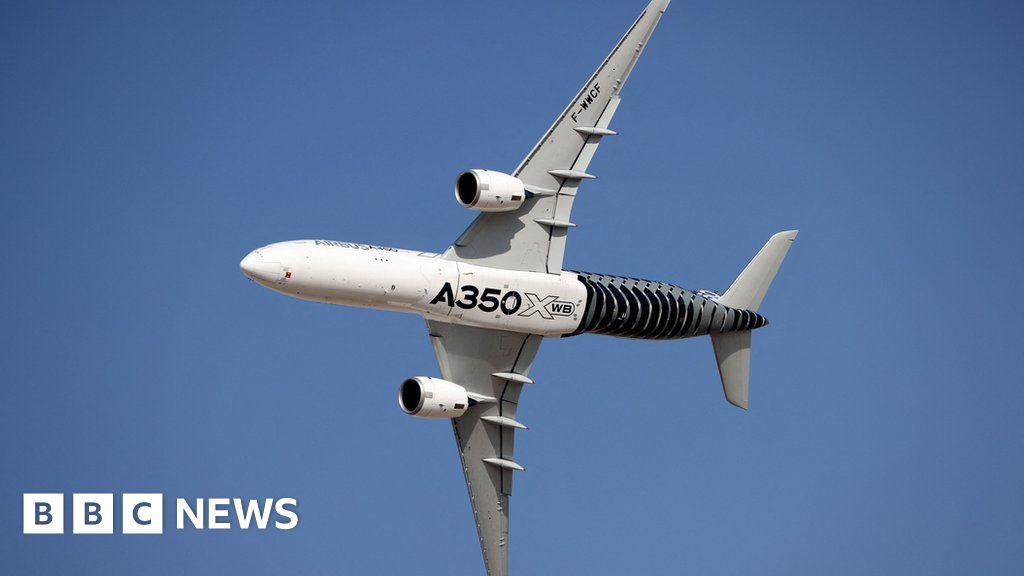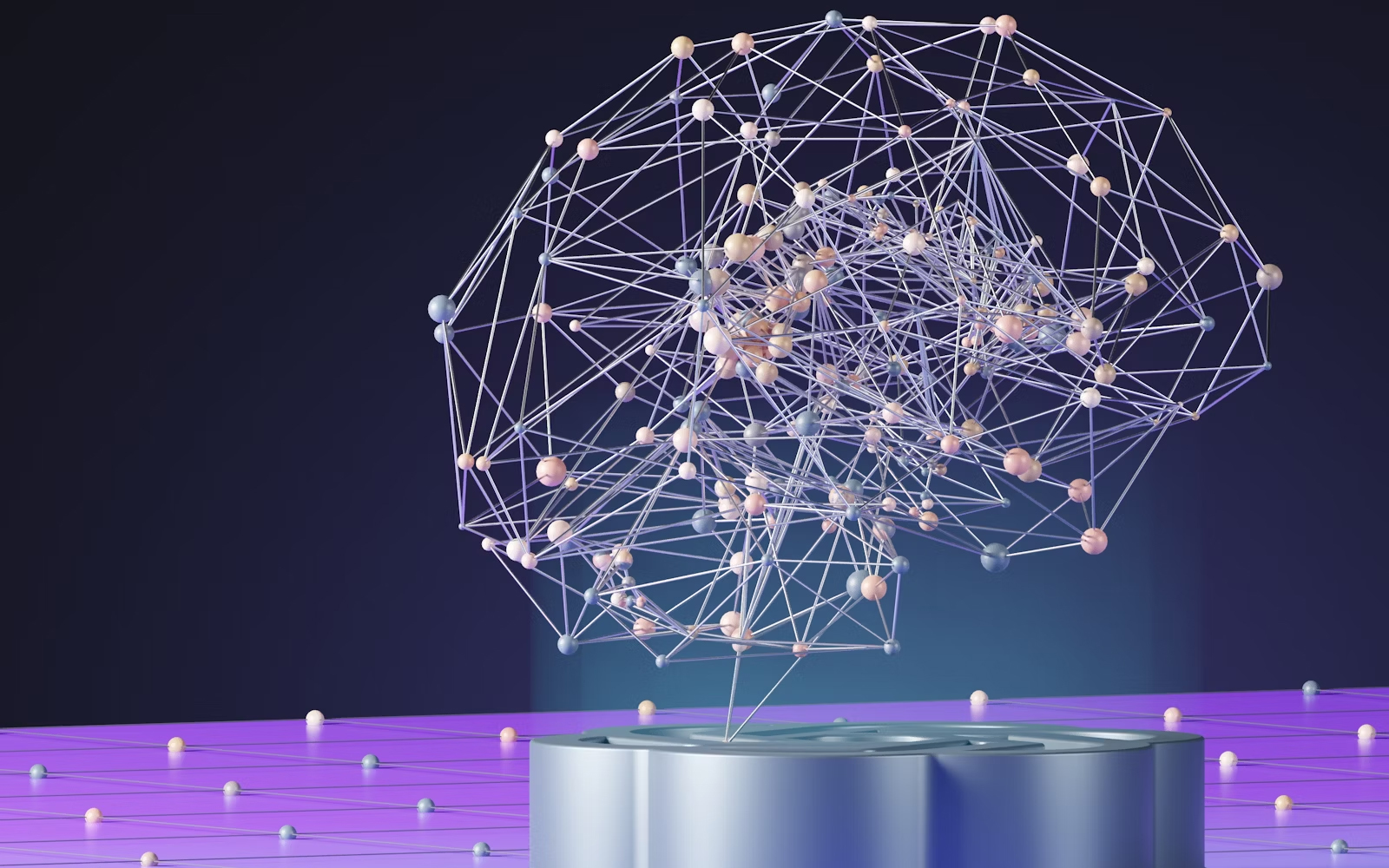
Airbus is conducting experiments aimed at enhancing the level of control provided to the autopilot system. The aircraft manufacturer is exploring ways to expand the capabilities of autopilot technology, allowing it to handle more complex flight situations with increased efficiency and precision.
The goal of these experiments is to enable the autopilot system to take on additional responsibilities during flight, such as managing deviations from the planned route, adjusting speed and altitude based on changing conditions, and even making certain flight decisions independently. By enhancing the capabilities of the autopilot, Airbus aims to improve the overall safety, reliability, and performance of its aircraft.
Airbus recognizes the importance of human oversight and collaboration with the autopilot system. The experiments focus on creating a more symbiotic relationship between the autopilot and the human pilots, where the system acts as a trusted and capable co-pilot, providing assistance and executing tasks under the supervision of the flight crew.
Through these experiments, Airbus aims to strike the right balance between automation and human intervention, ensuring that the autopilot system operates effectively within the established safety guidelines and regulatory frameworks. The ultimate objective is to develop an advanced autopilot system that optimizes flight operations while maintaining the highest level of safety and situational awareness.

By pushing the boundaries of autopilot technology, Airbus aims to pioneer advancements that will revolutionize the aviation industry, making air travel more efficient, secure, and enjoyable for passengers and operators alike. These experiments represent Airbus’ commitment to innovation and its continuous efforts to improve the capabilities of its aircraft systems.
The Airbus campus in Toulouse is an awe-inspiring sight that can easily overwhelm visitors. It spans across a vast area and serves as the workplace for 28,000 dedicated staff members, in addition to hosting numerous eager visitors who come to witness the remarkable process of aircraft construction.
One notable feature at the campus is the presence of the colossal Beluga cargo plane, stationed at a loading dock, poised to transport vehicles and satellites across the globe with its immense cargo capacity.
Adjacent to our interview area is the hangar where the groundbreaking Concorde supersonic passenger jet was developed, showcasing the rich history and innovation that permeates the site.

Moreover, the campus serves as a hub for Airbus’ extensive research and development activities, which include the recently completed Project Dragonfly. This ambitious project aimed to push the boundaries of autopilot technology and expand the aircraft’s autonomous capabilities.
With the advancement of automation over the past five decades, the role of pilots has undergone a transformative shift in the aviation industry. Today, pilots benefit from significant technological assistance within the cockpit.
Project Dragonfly, executed on an Airbus A350-1000, took the plane’s autonomy to new heights. The project focused on three key areas: enhancing automatic landing procedures, providing taxi assistance, and developing automated emergency diversion capabilities.
Through initiatives like Project Dragonfly, Airbus continues to lead the way in harnessing automation and technology to optimize flight operations, improve safety, and enhance the overall travel experience for passengers around the world. The Airbus campus in Toulouse stands as a testament to their commitment to innovation and advancement in the field of aviation.


